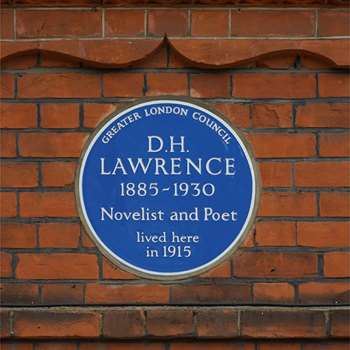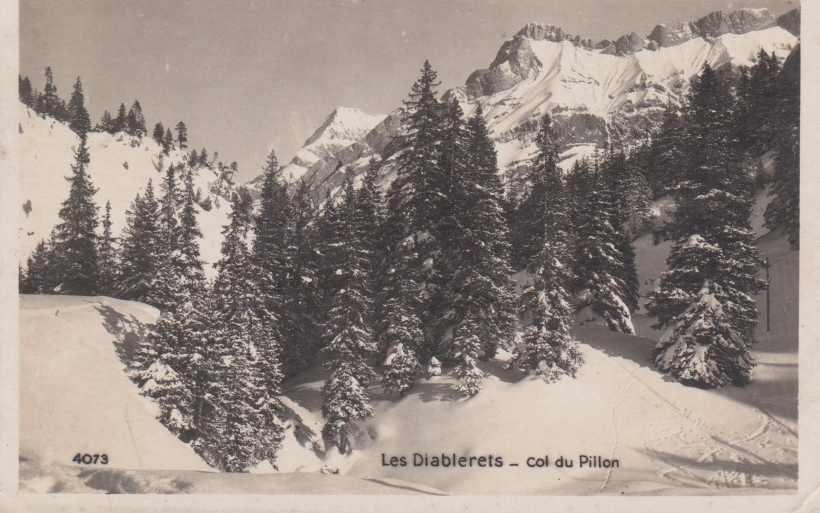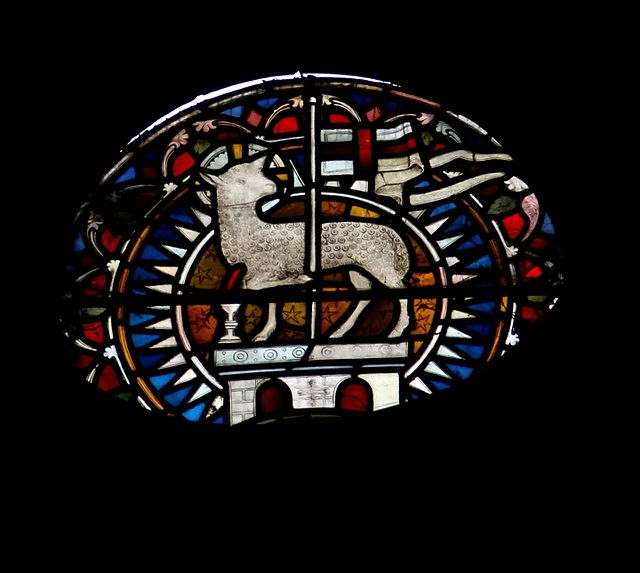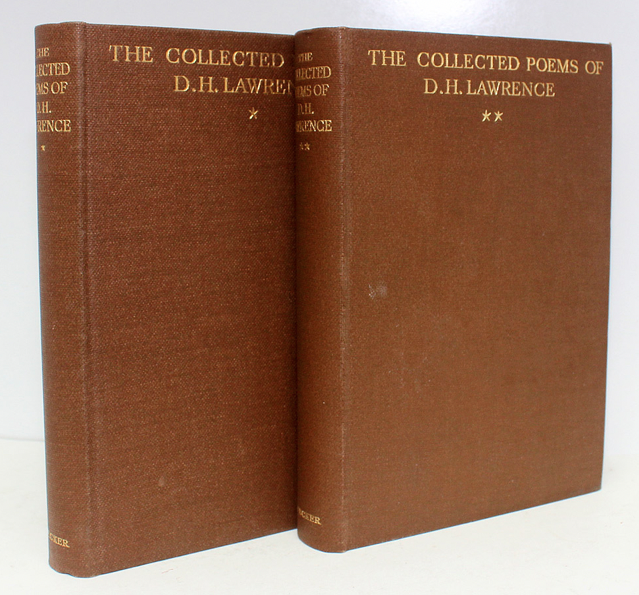On 25th February 2023 I attended a speaker meeting in London criticising what it considered NATO’s and the US’s roles in the provocation and prolongation of the war in Ukraine. For adumbrations of such an understanding of the war, please see the further reading at the bottom of this article. It was entitled ‘No 2 NATO, No 2 War’.
When I woke on the morning of the event, despite being a ticket-holder, I didn’t yet know its venue, so troubled had its organisation been up to that point.
The organisers had originally booked St Pancras New Church, the caryatid-fronted eighteenth-century church opposite Euston Station. This church has, of recent years, been extremely hospitable to related causes, hosting several iterations of an events series called ‘Imperialism on Trial’, and of other meetings supportive of Julian Assange (a word search on ‘Assange’ on this site will find my reports on several of these, including these two at which I spoke).
However, the church subsequently notified the organisers that they had decided to cancel the booking for this event. It is doubtless the case that many of those connected to the event have assumed, and assume, that outside pressure had been brought to bear in order to bring about this change of decision. Such may have been the case – although when I consulted my parish vicar about how such things are managed in Anglican churches, she thought it perfectly plausible that when the accepted booking was discussed at a PCC meeting, the balance of feeling was simply discovered to be against it (a PCC having the right to accept or reject bookings as it chooses). Given the meeting’s topic and perspective, and the contemporary political climate, it might reasonably have been felt that this was a more controversial meeting than any that they had yet hosted.
What is more certainly troubling is what is known to have happened next. Conway Hall – since 1929 the Red Lion Square Holborn home of the Conway Hall Ethical Society, and host of numerous events of a left-wing, anti-imperialist nature during and since the Cold War – accepted the booking instead. On Tuesday 17th January 2023 the organisers, having paid their deposit and had their booking accepted, asked for and received permission to publicise the Hall as the event’s confirmed venue. That Thursday, 19th January, they notified Conway Hall that they were about to do so, and warned that the Hall might it receive a certain amount of negative attention over the next few days. On Monday 23rd January Conway Hall informed the organisers that:
over the weekend Conway Hall has been subjected to an onslaught of increasingly intimidating emails and social media posts regarding hosting your event next month. The backlash we have received is unprecedented in our recent history.
It said that it was cancelling the booking
as we are now unable to ensure the safety of our building and our staff on and offline. As well the online detractors were actively seeking to contact our funders, partners and hirers, and as a charity we cannot jeopardise those income streams which are vital to our survival.
From the mention of ‘the safety of our building and our staff … offline’ it can be inferred that threats of violence to person and/or property had been made. Since such threats are illegal, one must wonder whether Conway Hall reported them to the police, and if so whether the police’s response was such as to not fully assure the hosts of its plans to protect the event.
The outcome was that a third venue was found, and revealed to the ticket-holders only on the morning of the event in order to reduce both the time period in which similar threats could be made to the venue, and the chance of violent protest. It turned out to be Bolivar Hall, a Venezuelan cultural centre attached to the Venezuelan Embassy, just around the corner from Warren Street Station. In this building in 1810 Franceso de Miranda, who had lived in the building since 1803, met Simon Bolivar. Attenders might have been reminded of the fact that Julian Assange had for seven years received asylum from Venezuela’s South American near-neighbour Ecuador, until a change of government to one more favourable to the United States was followed by the withdrawal of that asylum in 2019.
I was relieved to see no sign of violent protest. Indeed I saw no protest of any kind. Either the ticket-holders were all favourable to the event (or at least permitted it to take place without interruption), or, despite news of the venue having reached some of those who had threatened Conway Hall, they in fact had no inclination to fulfil their previous threat to disrupt the event after all (or at least not at such short notice).
In practical terms, however, the underground hall (fulfilling both the literal and metaphoric senses of the adjective) turned out to the have a fraction of the capacity of the two previous venues, and the event was therefore somewhat messily divided into three iterations, with some recurring and some rotated speakers and a complicated ticketing system. I attended the first two iterations. The audiences were largely white, but of a wider age range than those I have seen at purely Assange-related events, which tend towards an older demographic.
It turned out that ‘No 2 NATO No 2 War’ is the name of a new organisation, officially launched through acclamation at this event. Its three founders are George Galloway of the Worker’s Party of Britain, Chris Williamson of the Socialist Labour Party, and Andy Hudd of the train drivers’ union ASLEF. Merchandise featuring its logo can be bought here.
I didn’t agree with every word that was said; indeed, not all of the speakers wholly agreed with each other; but I agreed sufficiently with the event’s general attitude, and with the founding assumptions and ideals of the eponymous organisation, that I thought it worth summarising the speakers’ arguments, with a few of my own clarifications and comments interspersed [in square brackets]. The event can be watched in full here.
GEORGE GALLOWAY [campaigner, RT broadcaster, former Labour MP, founder in 2019 of the Worker’s Party of Britain] introduced the event by saying that the period of its concern extended not just back to 2014 [when the democratically-elected President of Ukraine was overthrown in a CIA-backed coup] but through centuries of European imperial dominance. Now, he argued, the tectonic plates were shifting, as has been seen in the global division of response to the Ukraine War between [what historian Richard Sakwa calls] the ‘political West’ (constituting just 13% of the world’s population), and the rest of the world [it is striking that the world’s majority of countries that have refused to sanction Russia, and those countries that recognise the state of Palestine, are near-identical]. The Shanghai Cooperation Agreement contains more than half of the wealth and people of the world, whilst what was the ‘BRICS’ is now running out of letters, so eager are other countries to join it. South Africa has been berated by the US for its relations with Russia and China. It has pointed out in reply that during the period of Apartheid, both of these countries stood in solidarity with its anti-Apartheid movement.
Galloway noted that the UK’s emphasis on freedom of speech in its self-characterisation was ironised by the fact that the present meeting was having to huddle in a Venezuelan cultural centre for fear of threatened violence. His own opposition to the Iraq War had been broadcast frequently on the mainstream media; now that the ruling classes feel considerably less secure, they feel the need to banish anti-war movements from mainstream coverage. He said that he was not proud of having opposed the Iraq War, since it was a relatively conventional thing to do at the time. However, in opposing the NATO bombing of Serbia he had been, along with Tony Benn, one of only twelve MPs.
He explained that the ‘No 2 NATO, No 2 War’ movement operates ‘no political DNA test’. Its members are welcome to be left-wing, right-wing or centrist, so long as they are opposed to NATO and its wars. That said, from his own perspective, he considered imperialist wars to be especially hostile to working class interests, and he applauded members of the Greek and Italian working classes for having intervened to stop weapons shipments from their countries to Ukraine.
He introduced the following speakers, including:
DAN KOVALIK [US human rights lawyer and author of The Plot to Scapegoat Russia, 2017] who focused on the destruction of the Nordstream 2 pipeline [which the US initially blamed on Russia and now blames on a small party of pro-Ukrainians operating from a yacht. Award-winning journalist Seymour Hersh, who broke the stories of the Vietnam My Lai massacre, Watergate, the US’s secret bombing of Cambodia, and US torture at Abu Ghraib, has published this article arguing that it was perpetrated by the US acting in concert with Norway].
Kovalik pointed out that this attack, in which 400,000 tonnes of methane were released into the atmosphere, represented a historic act of environmental terrorism, as well as of economic terrorism against Germany. Given that it now seems that it was perpetrated by two NATO members against a third, ‘what kind of an alliance is this?’
Russia is currently pointing out the analogies between the current crisis and the Cuban Missiles Crisis. Kovalik commented that the US would never tolerate being surrounded by Russian military bases as Russia is currently surrounded by US ones, and that it would not hesitate to invade a neighbour under equivalent circumstances to Russia’s in February 2022. Khrushchev and Kennedy diffused the Cuban Missiles Crisis within thirteen days; all the bloodshed that we have seen in Ukraine could have been avoided by an equivalent deal, in which both sides would have saved face. Meanwhile, the fourteen thousand people in the Donbas killed before February 2022 have never been allowed to enter Western consciousness.
AUDREY WHITE [peace campaigner, secretary of the Merseyside Pensioners Association, expelled from the Labour Party in 2022 after confronting Keir Starmer during his visit to Liverpool] pointed out how badly bombed Liverpool had been during the Second World War, and what an anti-war city it remained. She said that there was no difference between Labour and the Conservatives concerning the Ukraine War, and that, given the current closing of political ranks concerning foreign interventions, the current moment was much more frightening than that of the start of the Iraq War.
NICK BRANAGH [leader of the US People’s Party and of the US anti-war coalition Rage Against the War Machine] reported on Rage Against the War Machine’s rally in Washington DC of the week before. It attracted 3,000 people, the largest number of anti-war protesters since the Iraq War protests [a number which he announced proudly, though its contrast with those protests indicates the extent to which the anti-war movement has in the meantime been devastated, notably by Obama’s championing and promulgation of wars of intervention, and by Trump’s opposition to them]. He reiterated Galloway’s point about there being no political litmus test for association with this movement [the list of affiliated associations on their website spans from left to right]. He used to work for Bernie Sanders, but Sanders supports Biden’s stance on Ukraine, and there is currently more opposition to funding the war in Ukraine amongst Republicans than amongst Democrats. MSNBC decried the Rage Against the War Machine protest as insignificant – yet, significantly, it covered it three times.
PETER FORD [former UK ambassador to Bahrain and Syria, a director of the British Syrian Society] described NATO as American exceptionalism and imperialism institutionalised. He said that he would in his talk approach NATO from the perspective that his Foreign Office training has made it automatic for him to adopt – that of British interests. Of all those foreign interventions in which the UK has involved itself since the end of the last Cold War, in none did the UK have any direct interest. The UK was not attacked on 9/11; there was no British interest at stake in Iraq; as a result of its interventions terrorism has increased domestically, and the country has faced increased applications from asylum seekers (notably from Afghanistan). He hypothesised that the Brexit vote [which issue split the panel and doubtless also the audience, Galloway being pro-Brexit and Ford being opposed to it] was partly due to disillusionment with the political class after the failure of the Iraq War protests. He pointed out how the fact that Russia has not swiftly won in Ukraine undermines the West’s claims that Russia might expand further across Europe. All that was needed in order to for the war to have been avoided would have been for Ukraine to accept the Crimea referendum, to grant autonomy to the Donbas, and to have a similar relationship to NATO as Austria does. None of these outcomes would have harmed British interests. At the current time of high inflation and high energy bills, Britain is spending billions of pounds on the war, out of no conceivable interest for itself. Finally, he pointed out the absurdity of US imperialism’s stance that Persia is deemed to have no right to freedom of action in the Persian Gulf, nor China in the South China sea.
CHRIS WILLIAMSON [former Labour MP banned from standing for the party in 2019 for claiming that accusations of anti-Semitism were being politically leveraged against Jeremy Corbyn, he is now part of the Socialist Labour Party] paid tribute to Galloway for having stood by him when others, including Corbyn and John McDonnell, declined to do so. He also paid tribute to Smedley Butler, a US marine in the 1930s who came to realise that the American military was serving big business, and in 1935 published the book War is a Racket – a racket of which the profits were measured in dollars and the losses in lives. In 1961 a Republican President, Eisenhower, warned against the influence of what he called the ‘military industrial complex’. Williamson claimed that these messages have never been more relevant, since the arms industry has never been more influential than it is now.
He then surveyed the history of the Labour Party’s relationship to NATO, which it turned out had been far from consistently oppositional. Attlee helped to found it, six years before the Warsaw Pact was founded in response. Subsequent Labour party manifestoes called for NATO’s dissolution, but in the mid 1980s they became supportive again. In 2001 there was no mention of NATO, but even the manifestos of 2017 and 2019, under Jeremy Corbyn, were supportive. He hypothesised that Corbyn might have been assassinated had he been elected Prime Minister and subsequently sought to withdraw the UK from NATO; after his election as Labour Party leader a UK general threatened a coup in resistance to any such potential move. Today, Keir Starmer gives his full support of NATO, and will tolerate no dissent from the Conservative line on Ukraine, despite the fact that Zelensky’s government is shutting down opposition parties and newspapers, and suppressing trade unions and socialists; pro-Maidan forces burned anti-Maidan protesters to death inside an Odessa trade union building in 2014. John McDonnell and David Lammy are minded similarly to Starmer.
FIONA EDWARDS [coordinator of No Cold War] pointed out how empty the US claims to be fighting climate change are, whilst manoeuvring towards a hot war with China. China has one foreign military base; the US has 800, of which 400 encircle China itself. Taiwan might well become the Ukraine of East Asia. Like Galloway, she urged a reminder that the global majority oppose US imperialism and its engineering of a second Cold War, and she posited a direct connection between the imposition of austerity and the promotion of war.
ANDY HUDD [formerly of the British navy, train driver, Vice-President of ASLEF] expressed disappointment that British trade unions do not more strongly support peace. Last year the TUC narrowly voted for further arms spending, and the GMB consistently defends arms industry jobs, ignoring the alternative vision presented by the 1976 Lucas Plan to turn swords into ploughshares. ASLEF signed up to the Stop the War statement on Ukraine (a statement which Starmer removes the Labour whip from MPs for signing) but also supported the UK in sending weapons to Ukraine. Trade unionists should consider the position of trade unionists in Ukraine, where workers’ rights are declining fast.
CRAIG MURRAY [campaigner, blogger, historian, former UK ambassador to Uzbekistan] took a historical view of the situation in Eastern Europe, and thought that Crimea should be returned to the native Tatars who were deported from there in the 1950s. He described the Russian invasion of Ukraine as a crime. He said that the West has rhetorically exaggerated the strength of Russian military might, as it did during the first Cold War, the outcomes of the war so far having revealed the implausibility of its extension by Russia to neighbouring countries. Meantime the US is clearly using and prolonging the war for its own purposes.
GEORGE GALLOWAY concluded by arguing that the war in Ukraine has accelerated by perhaps two decades the rise of a multi-polar world, yet the US still continues to behave as a global hegemon (for example, threatening China with consequences if it deepened its relations with Russia). In doing so it has abandoned its Cold War policy of fostering dissension between China and Russia. Indeed, all it has done since the Cold War in relation to either country has had the effect of bringing the two countries closer together.
FURTHER READING:
One journalist critical of US policy in Ukraine (and elsewhere) is CAITLIN JOHNSTONE.
Of the tens of articles that she has written on Ukraine since the Russian invasion, I would particularly recommend the following (which appear in reverse date order) to those wishing to explore further the kinds of perspectives voiced at this event:
Evidence that the West has been sabotaging opportunities for peace in Ukraine
and a second article on this topic
On the West’s incentivisation of Russia to militarily escalate in Ukraine:
On the threat of nuclear war over Ukraine
On the benefits to the US of the war in Ukraine
On US confessions to lying about Ukraine:
On the links between Russiagate and the provocation of the Russian invasion of Ukraine
On the US provocation of Russia’s invasion of Ukraine
and a second article on this topic
Thoughts written immediately after the Russian invasion of Ukraine
RICHARD SAKWA, Professor Emeritus of History at the University of Kent, Canterbury, has written on the “fateful geographical paradox: that NATO exists to manage the risks created by its existence.”
Finally, JOHN MEARSHEIMER, Professor of Political Science at the University of Chicago, in 2015 gave a famously-prophetic lecture. ‘Why is Ukraine the West’s Fault?‘, of which an extract is here. In 2022 he revisited the same topic.




